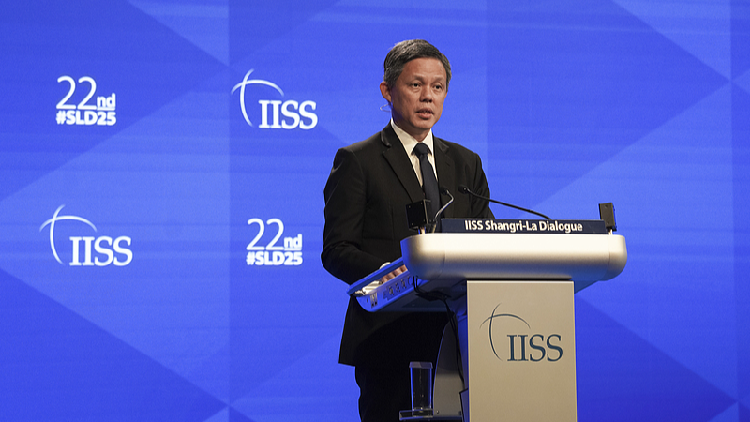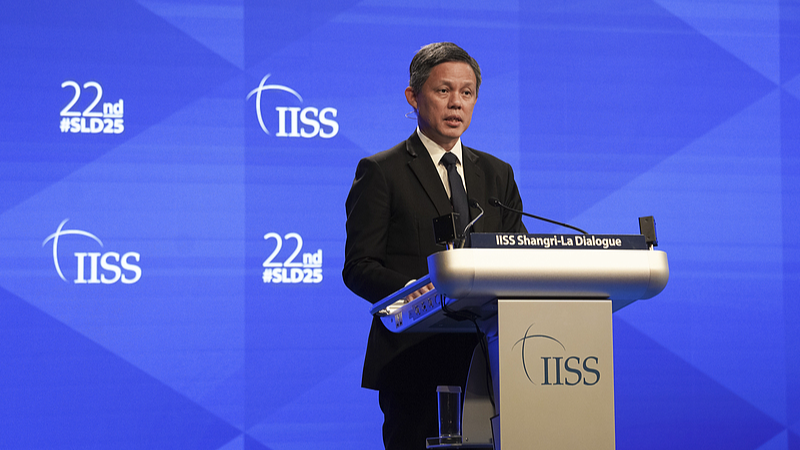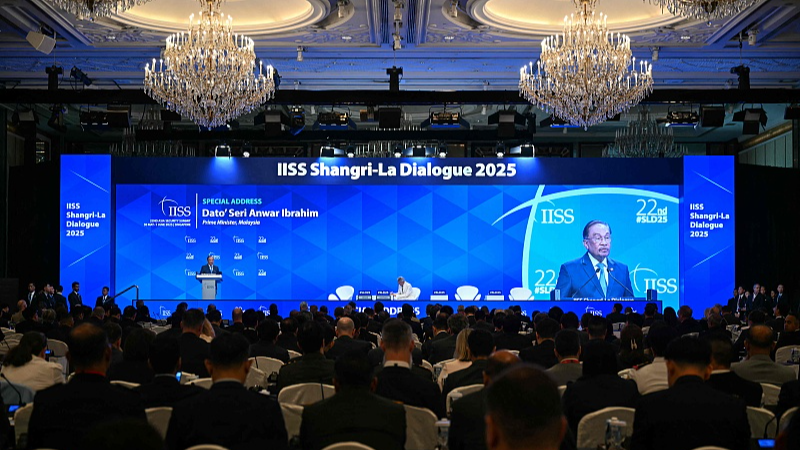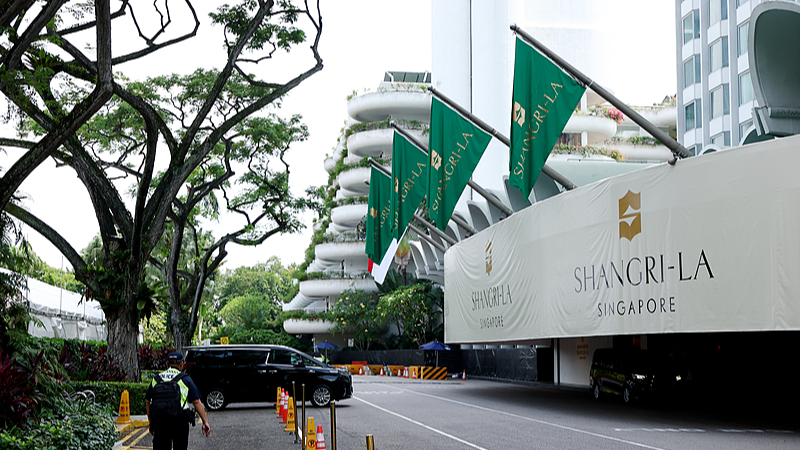ASEAN Leaders at Shangri-La Dialogue Affirm: 'We Won't Choose Sides' in Regional Conflicts
Singapore's Defense Minister emphasizes Southeast Asia's need to engage with both China and the U.S. amid rising geopolitics, avoiding taking sides.


Amid intensifying geopolitical tensions in the Asia-Pacific, leaders of the Association of Southeast Asian Nations (ASEAN) have reiterated their refusal to align themselves with any single global power bloc. Malaysian Prime Minister Anwar Ibrahim, speaking as the ASEAN chair for 2025 at the 22nd Shangri-La Dialogue in Singapore, made a pointed declaration that Southeast Asia will not succumb to external pressures demanding allegiance in great power rivalries.
Singapore's Defense Minister Chan Chun Sing reinforced this message during the dialogue's closing session. He emphasized that the region's prosperity and security rely on continued engagement with all major international actors—not just China and the United States, but other nations as well. "If we have to choose sides, may we choose the side of principles—principles that uphold a global order where we do not descend into the law of the jungle, where the mighty do what they wish and the weak suffer what they must," Chan declared, highlighting the importance of maintaining an equitable international system.
These statements came after U.S. Defense Secretary Pete Hegseth called upon Asia-Pacific countries to raise their military expenditures to 5 percent of GDP in response to perceived threats from China. However, this push was met with skepticism and firm resistance from both Asian political leaders and regional policy experts, who argued such measures risk escalating tensions rather than securing peace.

The rejection of bloc-based confrontation emerged as a central theme during the event. Addressing the audience at his inaugural Shangri-La Dialogue, Hegseth outlined the Biden administration’s "Indo-Pacific Strategy." But Chinese officials quickly condemned his remarks, describing them as provocative and rooted in an outdated Cold War mentality designed to sow discord and vilify their country. They stated emphatically that these comments ignored the regional call for peace and development.
Regional analysts provided further criticism, arguing that America's Indo-Pacific policy has done little more than exacerbate instability. Professor Meng Xiangqing of China's National Defense University suggested that the U.S. strategy fosters bitter divides through military formations such as the Quad and AUKUS, while technological restrictions and aggressive economic policies deepen schisms among Asia-Pacific economies. "This has artificially divided the Asia-Pacific region into competing blocs," Meng said, denouncing what he described as Washington’s attempts to force countries to choose sides.
Additional concerns were voiced regarding the U.S. push for increased defense spending. Dr. Shen Chen, deputy director at the Chinese Academy of Social Sciences, argued that such demands are not only unrealistic but also serve the strategic interests of the U.S. at the expense of regional peace. "Its very purpose is to perpetuate U.S. dominance by sacrificing regional peace and stability for its own interests," Shen maintained.

Against this backdrop, Chinese officials and experts promoted what they described as an alternative "Asian security model" unveiled in April. Zhang Chi, a member of the Chinese delegation, explained that this model prioritizes dialogue, consultation, and mutual prosperity over confrontation. Unlike the U.S.'s approach, it aims for win-win cooperation and the peaceful resolution of disputes, aligning with the collective interests of Asian countries.
"This model represents an open, inclusive, and mutually beneficial approach to security governance," Shen said. He warned that following the U.S. route of military buildup not only risks sparking an arms race, but also contradicts the region’s aspirations for sustainable development and peace.
As global competition intensifies, ASEAN leaders remain adamant in their stance: they refuse to be drawn into great power rivalries or to become pawns in the contest between East and West. Instead, they advocate a path defined by multilateralism, cooperation, and respect for sovereignty—hoping this approach will ensure a stable and prosperous future for all of Southeast Asia.




